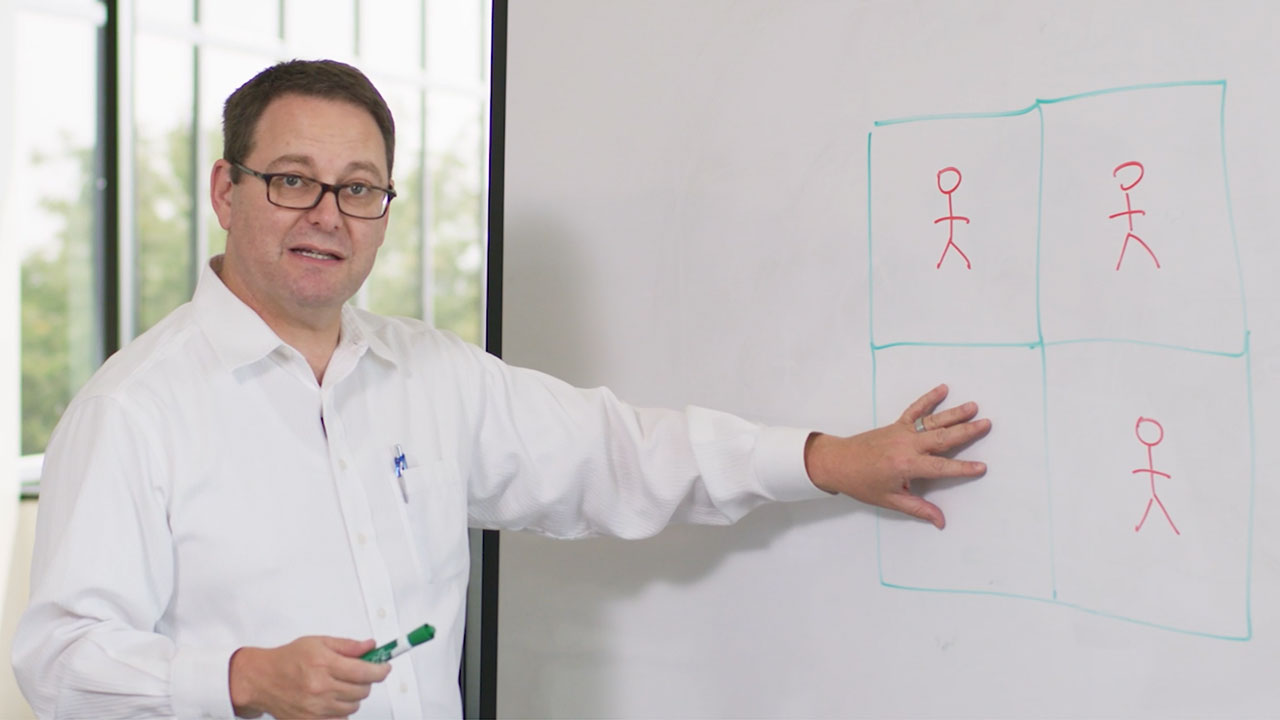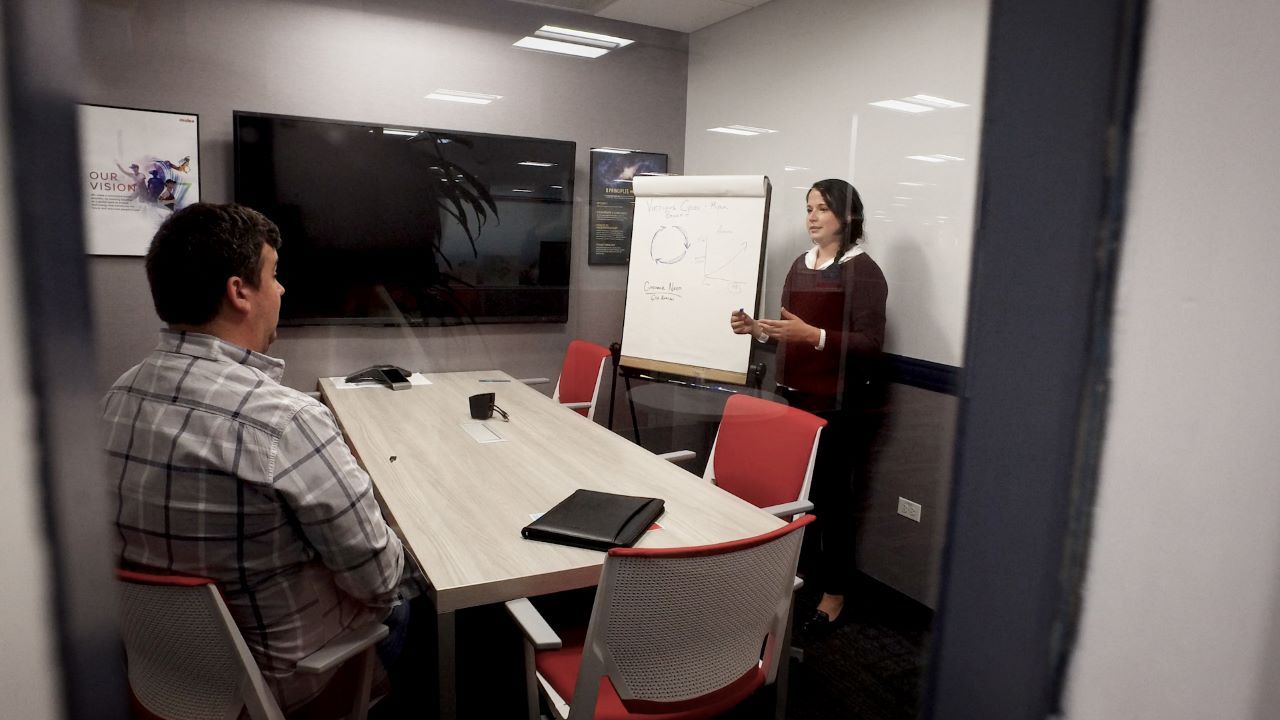原理简述
A fundamental principle of human progress is the division of labor by comparative advantage and the resulting increase in cooperation. Specialization by comparative advantage with voluntary exchange and teamwork is much more effective at satisfying people's needs than any other form of organization.
Employees have a comparative advantage in a group when they can perform an activity at a lower opportunity cost than others. For example, selling is typically a comparative advantage of successful salespeople, even though they may also be very good at sales analysis. This gives sales analysts a comparative advantage at doing analysis, even when they are not as proficient at it as outstanding salespeople. Employees and groups who take account of their comparative advantages (not just competitive advantages) contribute more, thus are more successful.
In staffing, this principle calls for each of our organizations to begin with a clear vision of what capabilities are needed for making the greatest contribution. Contribution-motivated individuals with the optimal diversity of talents and interests can then be selected to build the needed capabilities.
Roles and responsibilities are designed not only to fit each employee’s talents and interests but in relation to the roles and abilities of other employees in a way that optimizes the group’s overall performance. This is accomplished through an ongoing dialogue between employees and supervisors with assistance from others. It includes supervisors giving employees frequent, honest feedback to help them understand their performance and how to increase their contribution. It is also essential that supervisors solicit feedback from employees regarding what would enable the employee, the supervisor and the group to improve.
Because conditions and people are always changing, roles and responsibilities need to be continually reassessed to maximize each individual’s contribution and the organization’s overall performance. When an employee leaves, is added, or changes roles, responsibilities throughout must be re-evaluated.
One way everyone can contribute is by identifying potential employees who would strengthen their team and other parts of Koch. A beneficial division of labor by comparative advantage requires a diversity of employees who are contribution motivated and have a variety of aptitudes or skills that will increase our ability to profitably expand our current businesses, solve existing or anticipated problems, or capture new opportunities.
更好地理解它
例子
了解关于比较优势的常见误解可以帮助您避免这些误解。
- 和优势一样?
- 它能改变吗?
试一试
这些原则的力量是通过应用来实现的。申请时学习是无可替代的。
- 通过比较优势找到你自己的分工例子(考虑时事、体育和你自己的个人经历)。与您的团队分享。
- 与您的主管讨论您目前的职责。你的责任和努力如何反映你在团队中的比较优势?它们应该调整吗?
- 回顾过去 6-12 个月。哪些变化影响了您(或团队成员)的比较优势?与您的主管讨论您的想法。
- 列出整个团队的主要职责。讨论谁可能在什么方面工作的可能变化。团队能否通过以不同的方式组织工作来创造更多价值?
- 现在或将来发生哪些事情可能会改变团队中一个或多个人的比较优势?
- 鉴于上面的例子,您是否经历过这些常见的误解?为什么会有这些常见的误解?我们如何克服它们?

